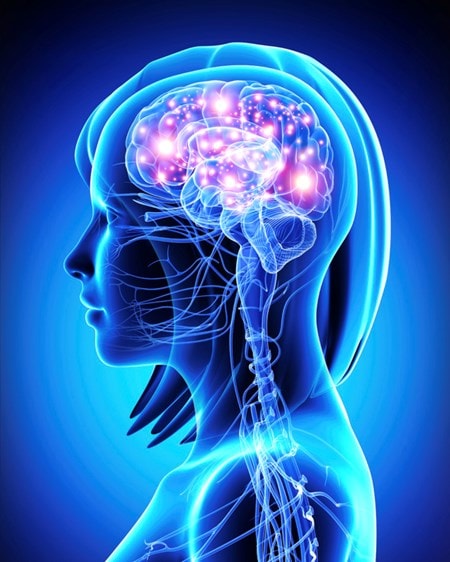NHS recommends probiotics for mental health
It is always fascinating to observe the developing traction of probiotics, and how more and more people are beginning to recognise their potential restorative powers. That’s why it’s particularly exciting that friendly bacteria has been referenced on a new NHS-founded advice website, aimed at parents and young people, called ‘Healthier Together’.

Its aim is to act as an open educational resource, providing clear and trustworthy information on various topics of concern, including childhood illnesses, when and where to seek help, and how to manage uncomfortable symptoms. The site was developed in partnership with healthcare professionals and parents across Dorset, Hampshire and the Isle of Wight, allowing users to feel more confident in their actions and decisions when their children fall ill.
One article, entitled ‘Staying healthy in body and mind’ in the Maternal Mental Health section, mentioned probiotics specifically as a natural option to aid in the maintenance of good mental health. The reference fell under the ‘Diet’ segment of the piece, which discussed how eating a balanced diet is imperative for all facets of physical and mental wellbeing. Furthermore, the article emphasised the findings of recent research, which has identified a direct link between our gut and our brains, and how inflammation might be one precursor to depression. Probiotics were suggested as a way to help combat this.
“Taking supplementary probiotics with two or more live cultures (for example lactobacillus and bifidobacterium) can improve the integrity of the gut, thus preventing toxins entering the bloodstream.”
Anti-inflammatory foods, such as nuts and green, leafy vegetables, were also recommended, as well as keeping adequately hydrated.

The article also linked to a piece on the Harvard Medical School website, which looked into the use of probiotics in those suffering with anxiety and depressive disorders. The results were inconclusive, but certainly there is still enough research available to justify a mention of probiotics in the initial article by the NHS. However, it’s always necessary to try and gain further insights into this area of study, as it is only recently that researchers have begun to discover just how far-reaching the effects of good bacteria in our guts can be.
Read more of the Harvard article.
Read the rest of the article on the NHS 'Healthier Together' website.
For further related reading, you might be interested in one of the following articles:
EU-funded project finds link between gut bacteria, obesity & mental health
How the infant gut develops: New study
New study suggests a role for gut bacteria in mental health
Or, you may wish to read about the Gut-Brain Axis, over in the Probiotics Learning Lab.
Popular Articles
View all Mental Health articles-
Mental Health13 Feb 2024


